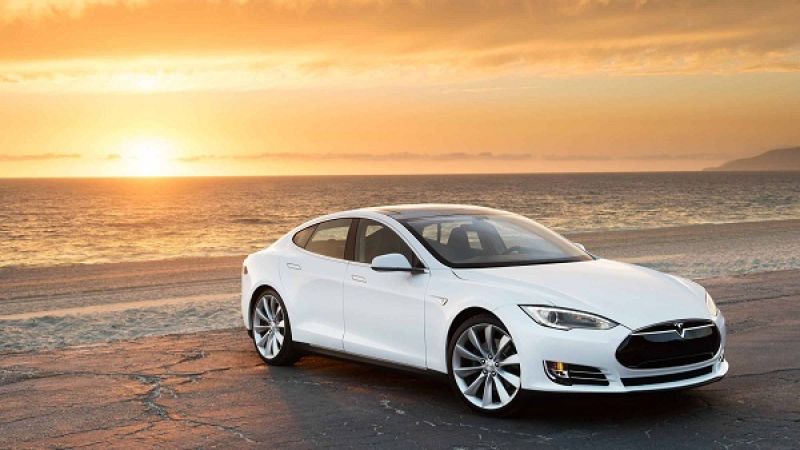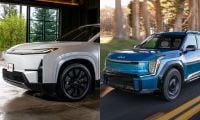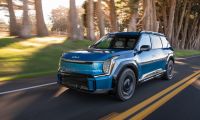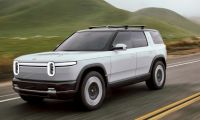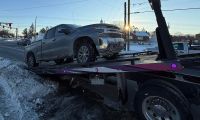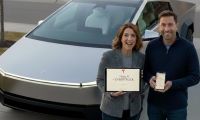Tesla Motors wants to sell its electric cars directly to consumers without bothering to go through traditional franchised auto dealers. In order to do that, Tesla has had to fight state-by-state legal battles against dealer associations that feel threatened by Tesla and its influence on other manufacturers. Massachusetts was the site of the latest courtroom drama, and Tesla came out victorious.
A logical ruling
The state’s Supreme Judicial Court ruled that the Massachusetts State Automobile Dealers Association did not have standing to sue when it brought litigation against Tesla two years ago for bypassing franchised dealerships. Tesla currently operates one showroom in the Natick Mall, a half hour west of Boston.
The reasoning behind the decision was pretty simple: as written by Justice Margot Botsford, the law in question (a certain Chapter 93B of the Massachusetts General Laws) was put in place to protect dealers from unfair practices of manufacturers “with which they are associated, generally in a franchise relationship.”
As Tesla has no franchised dealers and has expressed no desire to ever conform to the traditional sales model, that particular law does not apply to them. In the words of Botsford, the hand-wringing of dealers over Tesla’s direct sales model is “not within the statute’s area of concern.” After all, it is hard to undermine your dealers when you don’t have any.
Implications in other states
Tesla hopes the Massachusetts decision will help its cause in other states where it continues to fight similar battles for the right to sell direct to consumers.
The ruling “does have broader significance because the statute is similar to the way other statutes are structured," said Todd Maron, deputy general counsel for Tesla.
"We have battles in New Jersey and other states with similar constructs,” said Maron, “and we hope and expect the same interpretation would carry over to those venues."
The company has filed a lawsuit in New Jersey after the state Motor Vehicle Commission revoked Tesla’s license to operate its two stores in the state, and pending legislation could permit Tesla to resume business as usual. The automaker also plans to introduce new legislation in Georgia next year to allow unrestricted direct sales there as well.
The state of Nevada very recently allowed Tesla to open showroom doors within state borders as part of the agreement over the multi-billion dollar Gigafactory.
Tesla certainly hopes that the common-sense ruling in Massachusetts will help its case in other states where the company’s right to sell direct is being fiercely challenged by auto dealers. The automaker currently cannot use its preferred business model in Arizona, Maryland and Texas, hindering efforts to expand sales.
Other states, such as New York, Ohio and Pennsylvania are in various states of compromise over the number of stores Tesla will be permitted to open within state borders. The restrictions are not unduly harmful to Tesla in the near term, but the automaker hopes to have all legal sales barriers removed once Models S, 3 and X are all rolling off the Fremont production line.
Set as google preferred source


